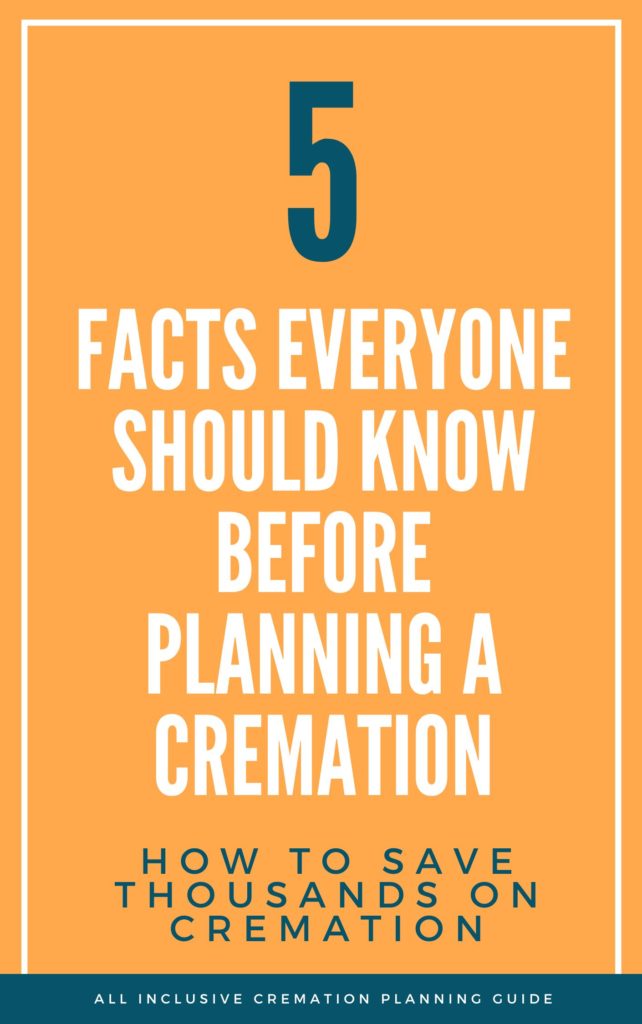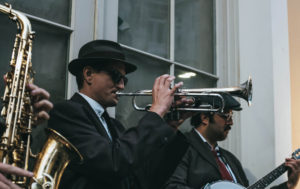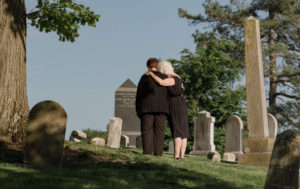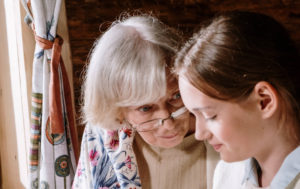by Alan D. Wolfelt, Ph.D.
While half of all men and one-third of all women in the United States will develop cancer during their lifetimes, it’s different when cancer hits close to home. Only then do we become fully aware of the reality of cancer and the many losses it creates.
Yes, for your friend or family member as well as for all those who care about someone with cancer, cancer is a significant loss.
No matter your friend’s type or stage of cancer or survivorship, his life changed after his diagnosis. From the moment he first heard those three little words—“You have cancer”—he experienced losses of many kinds.
He lost his health. Even if he recovered his health in the months and years after his treatment, he knows what it means to feel healthy one moment and frighteningly unhealthy the next. He also lost his sense of normalcy and safety. He may have lost his ability to work and his financial stability. In the course of his treatment, perhaps he lost a body part or two, his hair, his appetite, his memory (thanks to chemo brain), and even some of his friends. (Not everyone is capable of the steadfastness it takes to be a companion through the cancer journey. More on that in a moment.)
You are probably all too aware that the friends and family members of the person with cancer experience myriad losses as well. Your sense of normalcy and safety has also been threatened. You begin to consider and grieve the worst-case scenarios. Depending on your relationship with the person who has cancer and the activities you share, you may have, at least temporarily, lost your golf partner, your walking buddy, or even your lover. In general, you have probably lost the easy enjoyment of spending time with this person.
So yes, in many ways, cancer is synonymous with loss. And when we lose things (or people) that we care about or that are important to our sense of self, we naturally grieve.
Grief and mourning
Grief is what we think and feel on the inside when we lose someone or something important. When someone we love is diagnosed with a life-threatening illness, we experience shock, anger, guilt, sadness, and other emotions. We think many dark and difficult thoughts. All of these thoughts and feelings go into a pot called grief.
Mourning is the word for grief expressed. While grief is what’s bottled up inside you, mourning is the opening up, the letting out, and the sharing.
Without mourning, grief festers. Contrary to the cliché “time heals all wounds,” grief does not magically dissipate through the passage of time alone. If it is not expressed fully and honestly, it tends to result in ongoing problems such as depression, intimacy troubles, chronic anxiety, substance abuse, and others.
But with mourning? Oh, with mourning, what amazing rewards await us on the far side of grief! When genuinely expressed, grief has the potential to open us to a richer and deeper experience of life.
Both you and your friend or family member will naturally grieve in the weeks and months after the diagnosis. But to cope and eventually to heal, you must also mourn.
Being a cancer companion
If you are reading this article, you surely have the intention to be a good helper during the cancer journey. That’s a good start. Intention is where everything begins.
Now to your intention you must add action. You must reach out and keep reaching out to the person who has cancer. You must offer your presence and your empathy for the long haul. You must persevere long after most friends and even family members fall away.
You see, not everyone has the endurance to be a good helper for months and years, which is often how long the cancer journey takes. Yet this is exactly what the person who has cancer needs most—people she can count on, well, forever.
Good cancer companions spend time with the people they care about who have cancer. They share meals and activities but they also have conversations. Importantly, they listen. They have empathy. They are sounding boards and, sometimes, whipping posts.
Cancer companions accompany people with cancer on their journeys. They do not walk in front of or behind the person with cancer. They walk alongside, arm-in-arm. And they continue to offer their presence and loving companionship as long as the journey lasts.
Yet, the more connected you feel to the person who has cancer, the more you, too, will struggle with the diagnosis and grieve throughout her cancer journey. Also, the closer you are to the person with cancer, the more help you will need for yourself in the coming weeks and months.
Because of your normal and necessary grief, you may find it impossible to be as supportive of the person who has cancer as you would like to be. That’s how grief works. But if you get good support for yourself and work on expressing all your fears, thoughts, and feelings (by sharing them with the person with cancer but also in other ways, such as journaling or attending a support group), you will be better able to help the person with cancer. You will also find hope and healing for yourself.
About the Author
Dr. Alan Wolfelt is a respected author and educator on the topic of healing in grief. He serves as Director of the Center for Loss and Life Transition and is on the faculty at the University of Colorado Medical School’s Department of Family Medicine. Dr. Wolfelt has written many compassionate, bestselling books designed to help people mourn well so they can continue to love and live well, including Understanding Your Grief, The Mourner’s Book of Hope, and Healing A Friend or Loved One’s Grieving Heart After a Cancer Diagnosis, from which this article was excerpted. Visit www.centerforloss.com to learn more about the natural and necessary process of grief and mourning and to order Dr. Wolfelt’s books.








